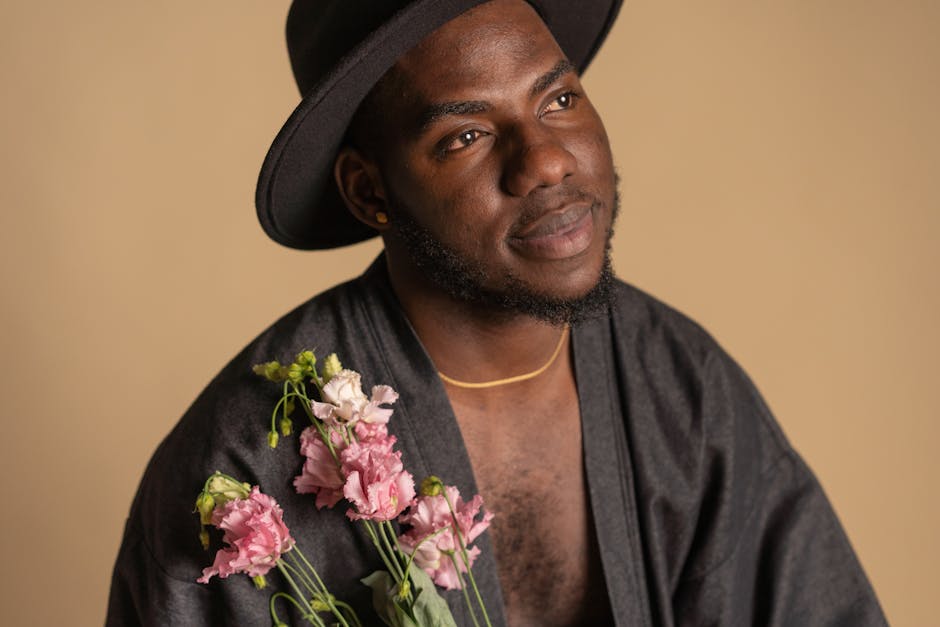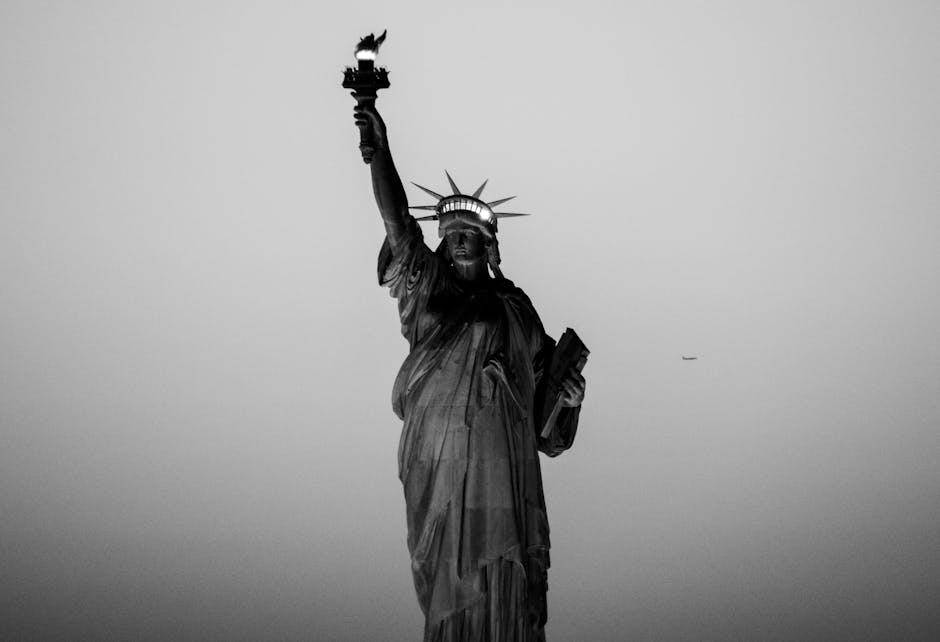A Sacred Tradition Under Threat
In the heart of New Orleans, where jazz rhythms and Mardi Gras beads define the city’s soul, the Black Masking Indians have safeguarded a sacred tradition for over a century. Their elaborate handmade suits, intricate beadwork, and spirited parades are pillars of Black cultural expression. But this year, a decision to reroute their annual Super Sunday parade has ignited outrage, with many calling it an act of cultural erasure.
The Legacy of the Black Masking Indians
Also known as Mardi Gras Indians, this unique cultural institution emerged in the late 19th century when African Americans, excluded from mainstream Mardi Gras, created their own dazzling displays of artistry and defiance. Tribes like the Wild Magnolias, Yellow Pocahontas, and Guardians of the Flame march through Central City each Super Sunday, their chants and drumbeets echoing through historic Black neighborhoods.
Why the Parade Route Matters
This year, city officials rerouted the parade, citing “safety concerns” and “logistical challenges.” The new path bypasses historically Black areas, diverting it toward tourist-heavy zones. To the community, this isn’t just a logistical shift—it’s a symbolic displacement.
“The parade isn’t just a spectacle; it’s a homecoming,” says Big Chief David Montana of the Yellow Pocahontas tribe. “Moving us out of these streets is like saying our history doesn’t belong here.”
Gentrification and Cultural Displacement
Activists argue the reroute aligns with New Orleans’ gentrification, where rising property prices and development push Black residents and traditions to the margins.
“Culture isn’t just about performance; it’s about place,” explains Dr. Imani Johnson, a cultural anthropologist. “Disconnecting a ritual from its community dilutes its meaning.”
City Officials’ Response—and Skepticism
Officials claim the change is temporary, citing road repairs. But locals remain wary.
“First it’s roadwork, then it’s ‘too disruptive,’” says historian Jerome Smith. “Soon, it’s just another tourist attraction—stripped from its roots.”
A Quiet Act of Resistance
Tribes plan to march both routes this year, defying the redirection. The deeper question lingers: In a city that sells itself as a cultural haven, whose culture gets prioritized?
As the drums sound this Super Sunday, the Black Masking Indians will send a clear message: Their tradition is a testament to survival, a declaration of identity, and a demand to be seen on their own terms.
For them, this fight isn’t just about a parade route—it’s about ensuring Black New Orleans is never erased.




